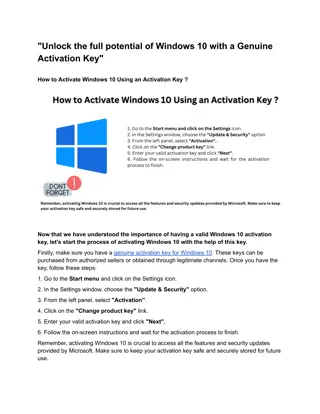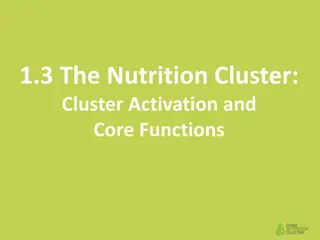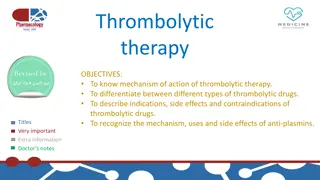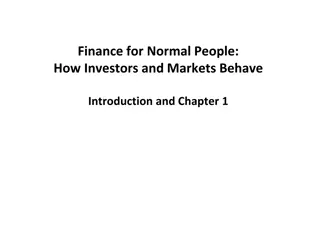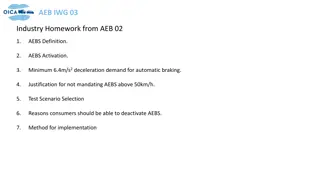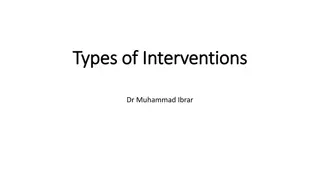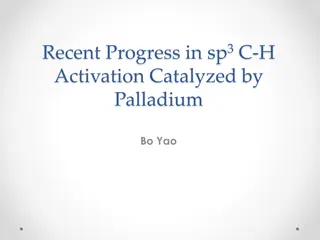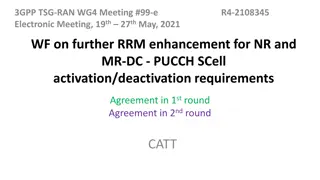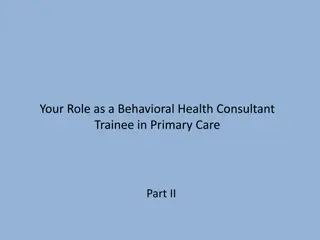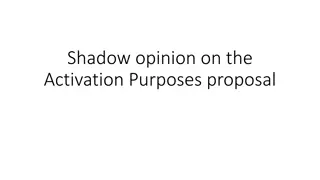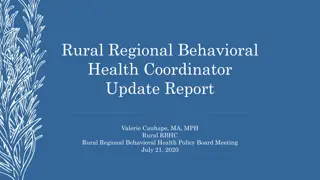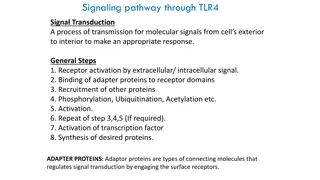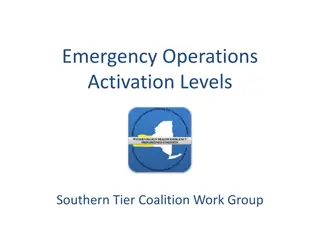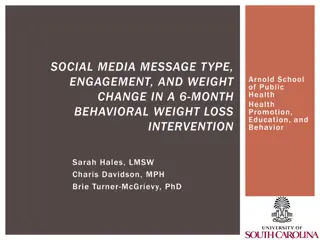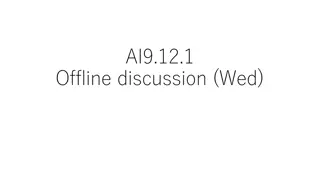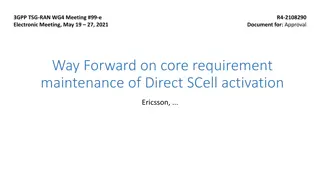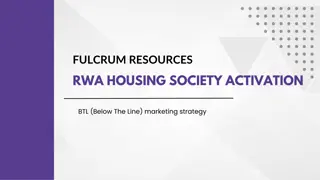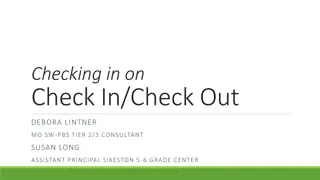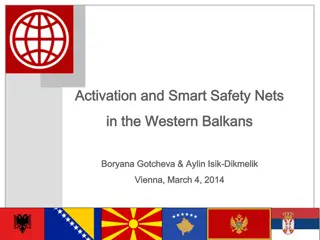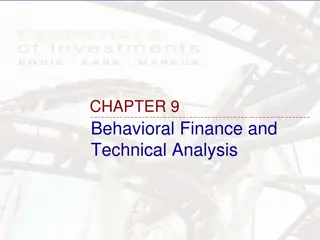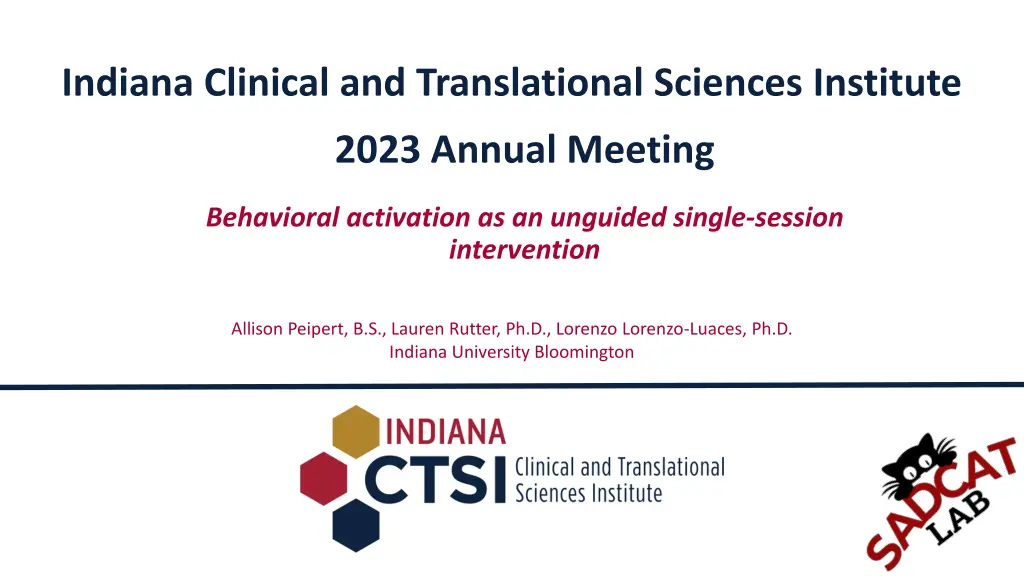
Understanding Behavioral Activation in Single-Session Intervention
Explore the outcomes of an unguided behavioral activation single-session intervention on participants' activity choices and predictors. The study indicates differences between online and face-to-face implementations, with implications for adapting future interventions.
Download Presentation

Please find below an Image/Link to download the presentation.
The content on the website is provided AS IS for your information and personal use only. It may not be sold, licensed, or shared on other websites without obtaining consent from the author. If you encounter any issues during the download, it is possible that the publisher has removed the file from their server.
You are allowed to download the files provided on this website for personal or commercial use, subject to the condition that they are used lawfully. All files are the property of their respective owners.
The content on the website is provided AS IS for your information and personal use only. It may not be sold, licensed, or shared on other websites without obtaining consent from the author.
E N D
Presentation Transcript
Indiana Clinical and Translational Sciences Institute 2023 Annual Meeting Behavioral activation as an unguided single-session intervention Allison Peipert, B.S., Lauren Rutter, Ph.D., Lorenzo Lorenzo-Luaces, Ph.D. Indiana University Bloomington
Behavioral activation delivered as an unguided single-session intervention Goal: understand how participants complete an unguided behavioral activation (BA) single-session intervention (SSI) 409 participants primarily generate sedentary hobbies, active hobbies, and physical activity in positive activity scheduling Predictors of activity types include Gender Education Perceived level of social support Lexical overlap between a BA dictionary was low (17%) Sedentary hobby Social Academic active hobby task spiritual physical psych/emo volunteer IMPROVING HEALTH THROUGH RESEARCH indianactsi.org
Methods- SSI module and data analysis Data from a randomized controlled trial of COMET-SSI in an online worker sample BA module: Participants asked to brainstorm 3 positive activities they could schedule Chose 1 and generated a plan to perform the activity Content analysis performed to understand different types of activities generated Explored predictors of activity categories using logistic regressions Lexical comparison using a BA dictionary generated from text-based BA counseling sessions, processed in LIWC, to quantify overlap in COMET-SSI participants BA activities compared to the dictionary IMPROVING HEALTH THROUGH RESEARCH indianactsi.org
Implications and next steps Intervention was not effective for the online sample Previous research supports its efficacy in a graduate student sample Participant feedback included wanted less content and more time for the intervention Activities generated through an online unguided SSI for BA may look different from BA in face-to-face psychotherapy Next steps: Look at predictors of treatment outcomes within the group Adapted intervention from SSI -> Low intensity treatment focused on BA COMET-BA: 4-week brief BA modules RCT with online workers Assess efficacy IMPROVING HEALTH THROUGH RESEARCH indianactsi.org
Grant Acknowledgement For TL1 Predoctoral and Post-Doctoral Awardees: This project was funded with support from the Indiana Clinical and Translational Sciences Institute which is funded in part by Award Number TL1TR002531 from the National Institutes of Health, National Center for Advancing Translational Sciences, Clinical and Translational Sciences Award. The content is solely the responsibility of the authors and does not necessarily represent the official views of the National Institutes of Health. IMPROVING HEALTH THROUGH RESEARCH indianactsi.org


